I have C# project that has to target .NET 3.5. framework and I have several nuget packages I'd like to install in the given project.
How to find out, for a given nuget package, which .NET framework versions it supports (by version of package for example), without me trying to install every available version of the package in order to see if its installation will pass without rolling back because of the dependency of the given version of the package to .NET framework higher than 3.5.?
For example, I know that xUnit.net version 1.9.2. is the highest version that supports .NET 3.5, but I had to find out this "manually".
